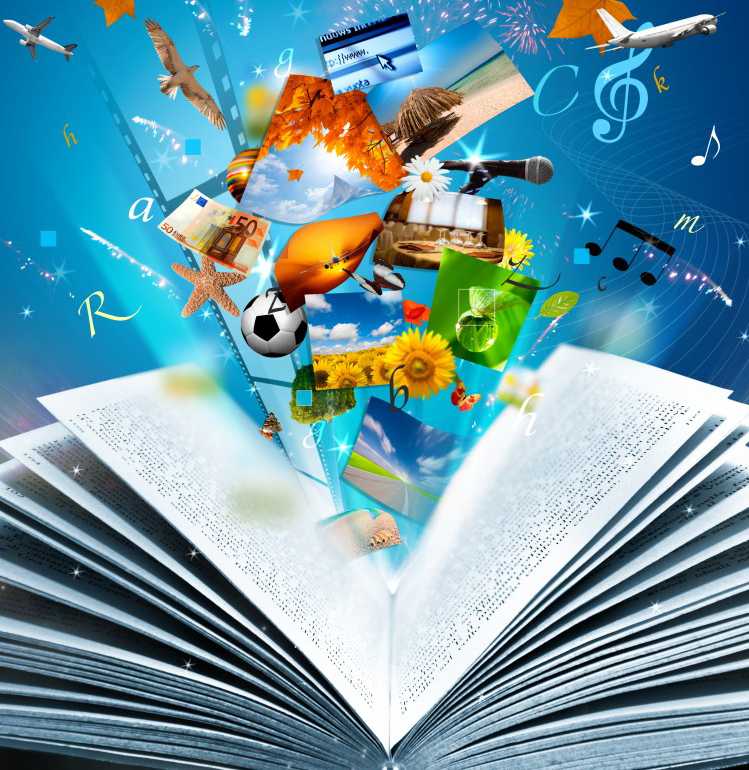A Take on Literature
Once upon a school day dreary,
While many students are weak and weary,
That they could be found nearly napping,
That they require a tapping,
There are those who rummage through volumes of forgotten lore,
Nameless here for evermore.
But one thing that I do wonder,
And one that we all should ponder,
Should these volumes really be celebrated?
Or should this still be debated?
This take on “The Raven” by Edgar Allen Poe serves to remind us that the importance of literature as a whole is still a widely debated topic. For many it is just another wasted subject, having a student learn things that are more abstract than anything else, something that will not produce concrete results. But others will argue that literature should not be undermined and should instead be acknowledged for the benefits it has in one’s mind.
By that I mean that one’s behaviors and mindsets can be altered by reading works of literature. Senior Jennifer Olivera says literature has enabled her to be more empathetic. “I can understand what others may be going through because of it,” she said.
“Literature has taught me that no matter what, everything works out…unless it’s a tragedy!”
-Jayden Chang, Senior
For other readers, literature provides a way to stimulate their minds. Personally, when I was reading books like the Harry Potter series by J.K. Rowling, I would always imagine myself in that world. I would see things and creatures that I would never be able to find in the real world.
Another celebrated characteristic of literature is its ability to teach lessons to the readers. Senior Geraldine Rodriguez says reading 1984 by George Orwell, she learned “how fear can manipulate people into submitting to what those in charge say, even if it’s violating human rights.” After reading The Art of War by Sun Tzu, she says that she better understands why wars occur.
Senior Jayden Chang humorously says that reading has taught him that, “No matter what, everything works out…unless it’s a tragedy!”
I’m sure that a good number of students may have heard from an adult at some point that we are not reading as much as we should. I have even read articles that basically confirm their fears, saying that reading rates from years before have been declining.
Hearing this troubled me, so I decided to ask others their views. “I think that they may have a point,” said Katherine Arboleya. “We have become lazy with our reading and should make an effort to read more.”
“I can understand what others may be going through because of literature.”
-Jennifer Olivera, Senior
“It makes me sad to think that my generation may be reading less, but I understand why it happens,” said Jennifer Olivera. “Some people either don’t find it interesting to read pages of only text or read within a certain time and/or genre.”
There are others who say that all is not lost. Jayden Chang says, “Mostly what adults don’t see is that kids are still reading, just differently.” Jayden explained that with today’s technology, kids are still able to read a plethora of books instead of having paper copies of the books.
But some nonreaders may still ask what the point of reading works of literature is. What can it do that other forms of media can’t? It allows you to more deeply understand what the characters see and feel. For instance, when I read the book To Kill a Mockingbird by Harper Lee, there were moments where I felt that I was the narrator, Jean, and I could feel the emotions she felt: the nostalgia when she recalled the moments where she read stories on her father’s lap, the confusion she felt when she questioned the town people’s hatred for the man on trial, her admiration for her father when he defended the man despite risking his reputation, and her outrage at the injustices carried out.
I have also seen the film made for To Kill a Mockingbird, but it did not give me the same feeling as when I read Jean’s thoughts. From the book, I came to know the emotions she was feeling that the movie wasn’t able to express. This is what separates literature from other forms of media.


